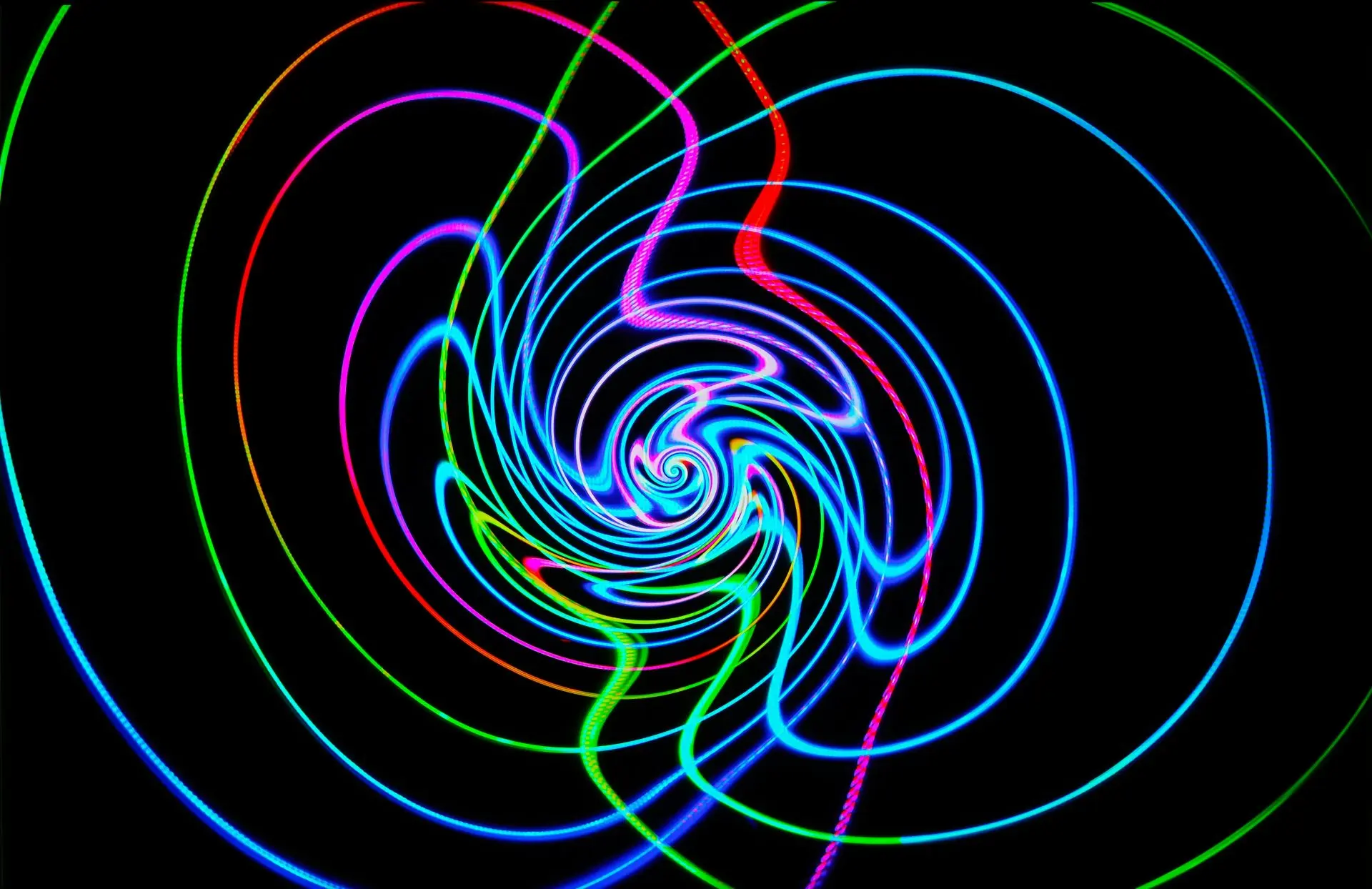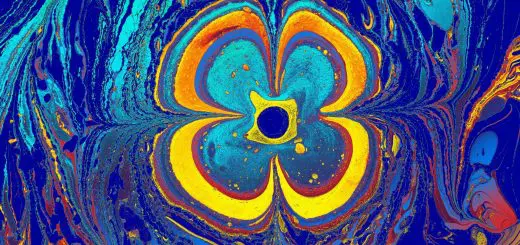Yin and Yang Principles: Interconnected Opposites

Looking for more amazing products? Check out our online store and explore our collection here! Happy shopping!
Before diving in, please note: This post is for informational purposes only. If you’d like to know more about how we approach topics, feel free to check out our friendly Disclaimer Page.
Hey there, amazing readers! 
We’re committed to delivering quality posts, and your support (even just sticking around despite the ads) means everything to us. So, bear with us, and thanks for helping us keep the good vibes rolling. Now, on to the fun stuff!
TRANSLATE BUTTON AT THE END OF THE ARTICLE
A Quick Overview
The Yin and Yang principles are fundamental concepts in Chinese philosophy and culture, representing the duality and interconnectedness of all things in the universe.
Originating from ancient Chinese thought, Yin and Yang symbolize the balance and harmony between opposing forces, such as light and dark, hot and cold, and feminine and masculine energies.
These principles are deeply rooted in Chinese medicine, martial arts, feng shui, and Taoism, influencing various aspects of daily life and practices.
Understanding the Yin and Yang Principles
Yin and Yang are complementary forces that exist in a constant state of dynamic equilibrium.
Yin is associated with qualities such as darkness, cold, passivity, and femininity, while Yang represents light, heat, activity, and masculinity.
The interaction and interplay between these two forces create the natural rhythm and balance in the universe.
It is important to note that Yin and Yang are not static, but rather fluid and constantly changing, with each containing a seed of the other within itself.
Origins of Yin and Yang in Chinese Philosophy
The concept of Yin and Yang dates back to ancient Chinese philosophy, particularly in the teachings of the Taoist and Confucian schools.
These principles are mentioned in the foundational texts of Chinese thought, such as the "Yijing" (Book of Changes) and the "Dao De Jing" (Tao Te Ching).
The origins of Yin and Yang can be traced back to the cosmological beliefs of the early Chinese, who observed the dualistic nature of the world and sought to understand the interconnectedness of all things.
The Symbolism behind Yin and Yang
The Yin and Yang symbol, known as the Taijitu, depicts the interlocking black and white halves swirling into each other, symbolizing the essence of the dynamic balance between opposites.
The circular shape represents the continuous flow and cyclical nature of life, where one force transitions into the other in an eternal dance of harmony.
The presence of a small dot of Yin in Yang, and vice versa, signifies the inherent interdependence and interconnectedness of these opposing forces.
Balance and Harmony in the Yin and Yang Theory
Yin and Yang are not absolutes but rather relative terms that define each other through their relationship.
The goal of the Yin and Yang theory is to achieve balance and harmony between these two forces, as imbalance can lead to disharmony and disease.
In Chinese philosophy, the concept of balance is essential for maintaining health and well-being on a physical, emotional, and spiritual level.
By understanding and embracing the Yin and Yang principles, one can strive for equilibrium in all aspects of life.
The Concept of Interconnected Opposites
Yin and Yang are not isolated entities but are interconnected and interdependent.
They are in a constant state of flux, where one cannot exist without the other.
For example, day turns into night, and winter transforms into summer.
This interconnectedness illustrates the cyclical nature of existence, where opposites are seen as complementary rather than conflicting.
By recognizing the interplay of Yin and Yang in all aspects of life, one can better understand the complexity and harmony of the universe.
How Yin and Yang Manifest in Nature
The principles of Yin and Yang are reflected in the natural world, where the changing seasons, the rising and setting of the sun, and the ebb and flow of tides all demonstrate this duality.
In nature, Yin is associated with qualities such as the moon, water, and stillness, while Yang is linked to the sun, fire, and movement.
The balance of Yin and Yang can be observed in the symbiotic relationships of plants and animals, the cycles of birth and death, and the rhythms of growth and decay in ecosystems.
Yin and Yang in Traditional Chinese Medicine
In traditional Chinese medicine, the concept of Yin and Yang is used to diagnose and treat illness by restoring the body’s balance and harmony.
Health is believed to be a result of the harmonious interaction between Yin and Yang energies within the body.
Imbalances in these energies can lead to disease, and the goal of treatment is to rebalance the Yin and Yang forces through acupuncture, herbal medicine, diet, and lifestyle modifications.
By addressing the root cause of disharmony, Chinese medicine aims to promote holistic healing and wellness.
Applying Yin and Yang Principles in Daily Life
The principles of Yin and Yang can be applied to various aspects of daily life, such as diet, exercise, relationships, work, and personal growth.
By recognizing the interplay of opposing forces, one can make conscious choices to maintain balance and harmony in all areas of life.
For example, balancing rest and activity, work and play, and solitude and social interaction are essential for overall well-being.
Embracing the Yin and Yang principles can lead to a more mindful, intentional, and fulfilling way of living.
Yin and Yang in Feng Shui Practices
In feng shui, the ancient Chinese art of harmonizing the energy flow in one’s environment, Yin and Yang play a significant role in creating balanced and harmonious spaces.
By understanding the dynamics of Yin and Yang energies in a space, one can arrange furniture, colors, and decor to enhance the flow of positive energy (Chi) and promote health, wealth, and prosperity.
The principles of Yin and Yang guide feng shui practitioners in creating spaces that support the well-being and success of the occupants.
Yin and Yang in Martial Arts and Tai Chi
In martial arts and Tai Chi, the principles of Yin and Yang are applied to combat and movement, emphasizing the balance between softness and hardness, yielding and asserting, and defense and offense.
Practitioners are taught to flow with the opponent’s energy, redirecting it to achieve a desired outcome rather than meeting force with force.
Tai Chi, in particular, is a martial art that embodies the fluidity and circular movements of Yin and Yang, promoting physical health, mental clarity, and spiritual growth through harmonizing opposing forces.
The Concept of Yin and Yang in Taoism
In Taoism, a philosophical and spiritual tradition that emphasizes living in harmony with the Tao (the Way), Yin and Yang are seen as manifestations of the cosmic unity and interdependence of all things.
Taoist teachings advocate embracing the duality of existence, recognizing the balance between opposing forces, and surrendering to the natural flow of life.
By aligning with the Yin and Yang principles, followers of Taoism seek to cultivate inner peace, wisdom, and enlightenment through acceptance and non-resistance.
Finding Equilibrium through Yin and Yang Principles
In conclusion, the Yin and Yang principles offer a profound understanding of the interconnectedness and harmony of the universe.
By recognizing the dynamic interplay of opposing forces and seeking balance in all aspects of life, one can cultivate health, well-being, and spiritual growth.
Whether applied in traditional Chinese medicine, feng shui practices, martial arts, or Taoism, the principles of Yin and Yang provide a timeless wisdom for navigating the complexities of existence and finding equilibrium in a constantly changing world.
Embracing the Yin and Yang philosophy can lead to a deeper appreciation of the inherent balance and interconnectedness of all things in the universe.

The Enlightenment Journey is a remarkable collection of writings authored by a distinguished group of experts in the fields of spirituality, new age, and esoteric knowledge.
This anthology features a diverse assembly of well-experienced authors who bring their profound insights and credible perspectives to the forefront.
Each contributor possesses a wealth of knowledge and wisdom, making them authorities in their respective domains.
Together, they offer readers a transformative journey into the realms of spiritual growth, self-discovery, and esoteric enlightenment.
The Enlightenment Journey is a testament to the collective expertise of these luminaries, providing readers with a rich tapestry of ideas and information to illuminate their spiritual path.
Our Diverse Expertise
While our primary focus is on spirituality and esotericism, we are equally passionate about exploring a wide range of other topics and niches 

To ensure we provide the most accurate and valuable insights, we collaborate with trusted experts in their respective domains 
Our blog originally focused on spirituality and metaphysics, but we’ve since expanded to cover a wide range of niches. Don’t worry—we continue to publish a lot of articles on spirituality! Frequently visit our blog to explore our diverse content and stay tuned for more insightful reads.
Hey there, amazing reader! 
Check out our store here and take a peek at some of our featured products below! Thanks for being awesome!











